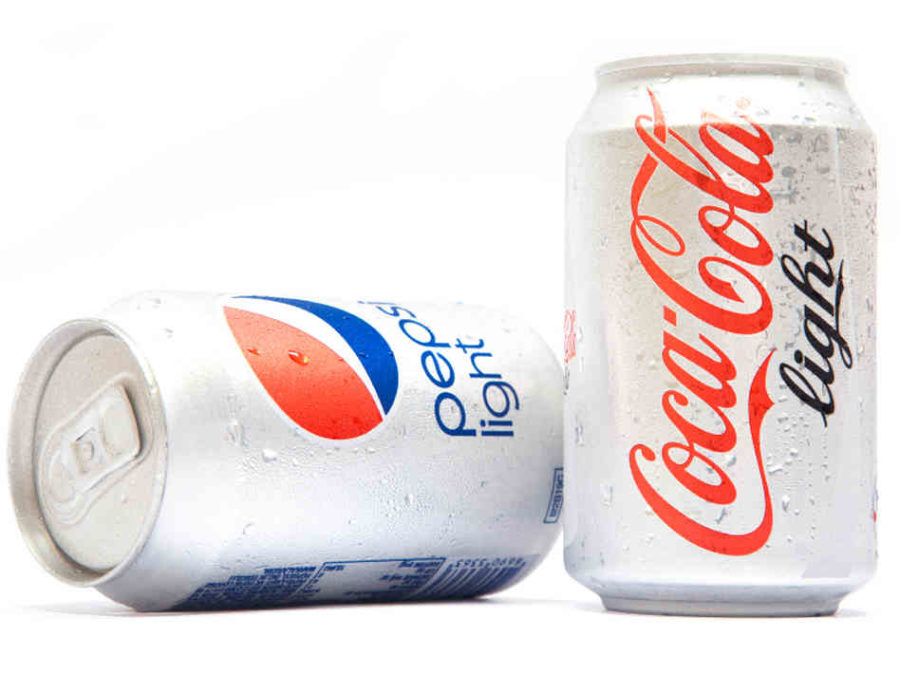Is Diet Soda Good or Bad?
March 2, 2017
There’s been lots of controversy over whether or not diet soda is better for you than regular soda. There have been lots of different studies and articles written about this particular topic but the question still stands. Which is better, diet soda or regular soda. Of course, anyone will tell you that soda is bad for you whether it’s regular or diet and that is very true but there are certain things that diet soda does to your body that regular soda doesn’t. Diet soda companies always say that their soda will help you lose weight but that’s not the case at all. According to Authority Nutrition, 263,925 adults aged 51-70, individuals who drank soda were 30% more likely to be diagnosed with depression over a period of 10 years.
Diet Soda doesn’t promote weight loss, it promotes obesity. According to Authority Nutrition, in a study of 3,682 individuals from San Antonio, Texas, consumption of diet soda was associated with double the risk of becoming overweight or obese. A University of Texas Health Science Center study found that the more diet sodas a person drank, the greater their risk of becoming overweight. Downing just two or more cans a day increased waistlines by 500 percent according to Popsugar. According to Health, Diet soda is calorie-free, but it won’t necessarily help you lose weight. Researchers from the University of Texas found that over the course of about a decade, diet soda drinkers had a 70% greater increase in waist circumference compared with non-drinkers.
It has been known to alter moods and worsen your health. According to Popsugar, The aspartame found in diet soda has been linked to headaches, dizzy spells, and even mood swings. It’s especially potent in people with a predisposition for anxiety or depression. One University of Miami study found that folks who drank diet soda every day were 44 percent more likely to suffer a heart attack than those who abstained from drinking soda. People with a daily soda habit (even just one or two per day) were more than 25 percent more likely to develop type 2 diabetes than individuals who had no more than one sugary drink per month. Early studies on aspartame and anecdotal evidence suggests that this artificial sweetener may trigger headaches in some people. Drinking one diet soda a day was associated with a 36% increased risk of metabolic syndrome and diabetes in a University of Minnesota study. Metabolic syndrome describes a cluster of conditions (including high blood pressure, elevated glucose levels, raised cholesterol, and large waist circumference) that put people at high risk for heart disease, stroke, and diabetes according to Health.












